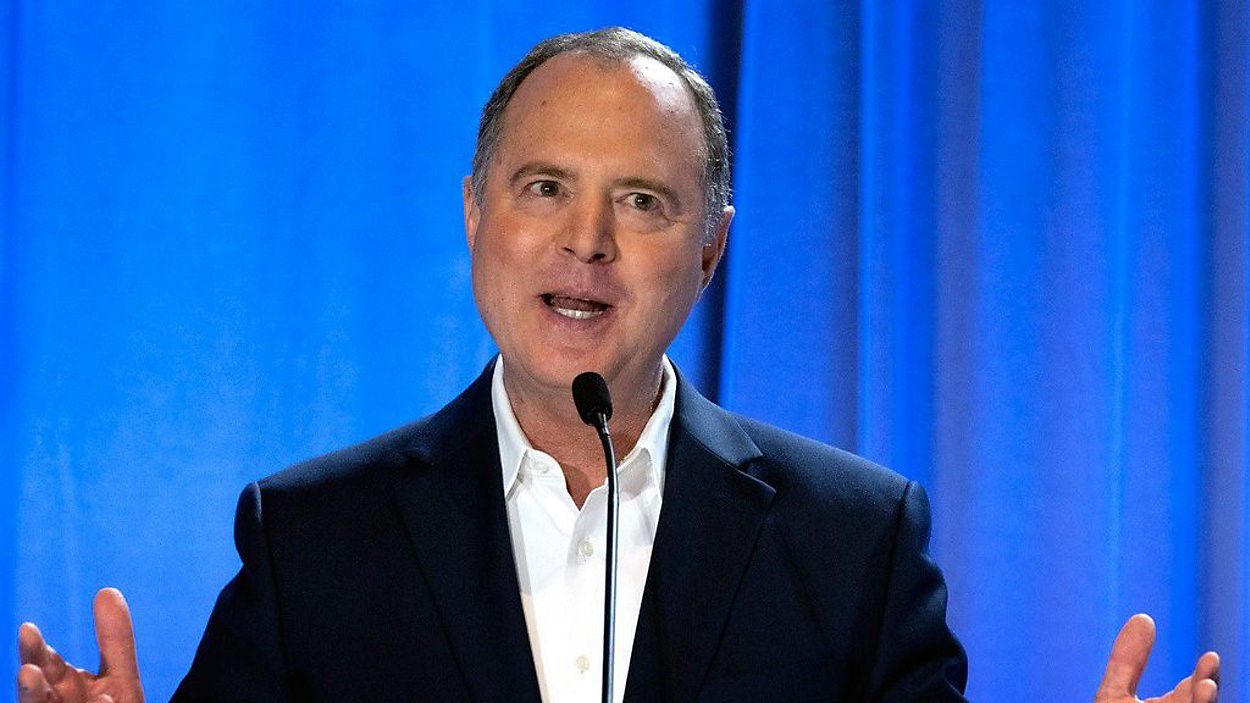Just one week after unveiling his "Defending Democracy" agenda, California Rep. Adam Schiff, a Democratic candidate for the state's U.S. Senate seat, announced a plan focused on affordability for families in the Golden State and across the country.
In a memo first obtained by Spectrum News, Schiff's "Affordability Agenda" outlines lofty goals for Californians, including three guaranteed months of paid parental leave, fair pay for early childhood educators, cutting the cost of prescription drugs, a middle class tax cut, expanding social safety net programs and making public college free for Californians.
“We must take dramatic steps to drive down costs in California and across the country — and that starts with my affordability agenda for working families, along with my housing and homelessness agenda,” said Schiff in a statement.
The six page document viewed by Spectrum News outlines six pillars: affordable childcare, tax system reform, expanding the social safety net, lowering the cost of education, increasing economic competition and reforming health care issues.
A number of Schiff’s own bills, such as the Federal Gas Tax Suspension and Windfall Profits Tax Act and his Student Loan Relief for Medicare and Social Security Recipients Act are the backbone of the legislative priority list. The document acts as a map to where Schiff sees the greatest needs for American families.
“It’s not that people aren’t working hard. They’re working harder than ever, and still not making enough to get by. They’re paying more for housing, childcare, gas, medicine, education and food. And their wages simply aren’t increasing fast enough to keep up with the basic costs of living,” Schiff said. “Meanwhile, corporations continue to make record profits and the wealthiest among us don’t pay their fair share.”
“Every American should have access to paid parental leave and universal child care. We need to cap the costs of child care, expand Head Start and Early Head Start, and get more childcare centers and teachers,” he added. “When we expanded the Child Tax Credit, we reduced child poverty by more than 40% – Republicans callously let it expire. We need to expand it again, and make it permanent.”
The affordability agenda is the latest move by Schiff to distinguish himself from the crowded Democratic field in California’s Senate race. A recent poll by UC Berkeley Institute of Governmental Studies showed Schiff was supported by 21% of likely voters, with Rep. Katie Porter behind Schiff at 17%, former Dodgers star and Republican candidate Steve Garvey at 13% and Rep. Barbara Lee at 9%.
Porter has also unveiled a policy platform in recent days, which she is calling “Shake up the Senate.” The rollout aims to ban federal lobbyist contributions and corporate PAC donations, eliminate earmarks, ban members of Congress from trading stocks, ban singular holds on nominations and abolish the filibuster.
Schiff’s affordability agenda includes:
Three months of paid parental leave guaranteed, universal childcare and Pre-K, fair pay for early-childhood educators and incentives to businesses to provide discounted childcare for employees
Strengthened federal antitrust laws, federal price-gouging regulations and lower prices on gas and prescription drugs
Reining in or prohibiting corporate use of stock buybacks to inflate share values
Protecting and strengthen the right to organize, eliminating rules that prevent workers from suing employers for labor law violations and banning non-compete, non-solicit and no-poaching agreements
Fostering and growing California’s entrepreneurial economy
Providing and funding elderly and sick care, and making home care for elderly and sick individuals more affordable
Increasing taxes on corporate profits, fully funding the IRS, creating a middle class tax cut and establishing a permanent, expanded child tax credit
Expanding Social Security and Medicaid eligibility, and growing funding and eligibility for SNAP benefits
Making public college free for Californians, expand Pell Grants and canceling student debt
But, with a Republican-controlled House and a slim Democratic majority in the Senate, many of these changes are unlikely to move through Congress without wider Democratic margins.



